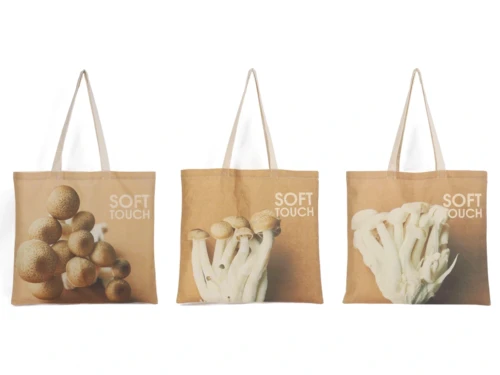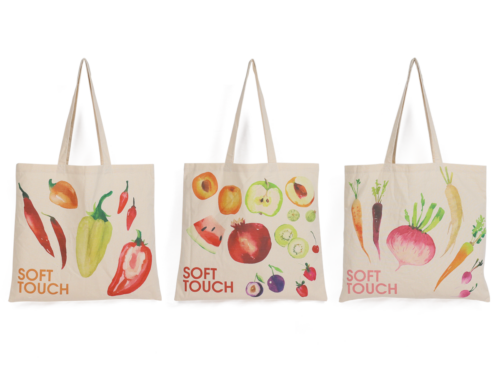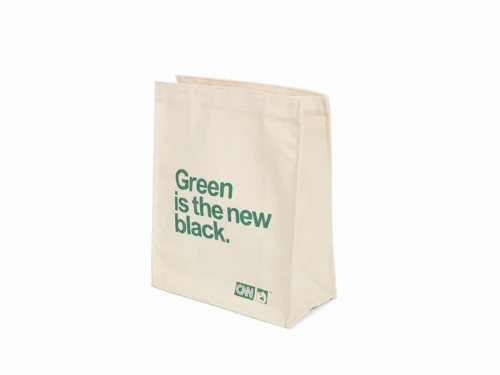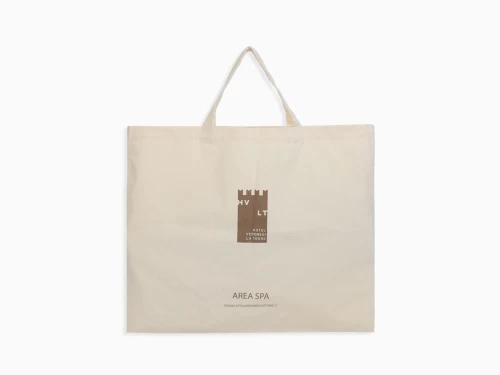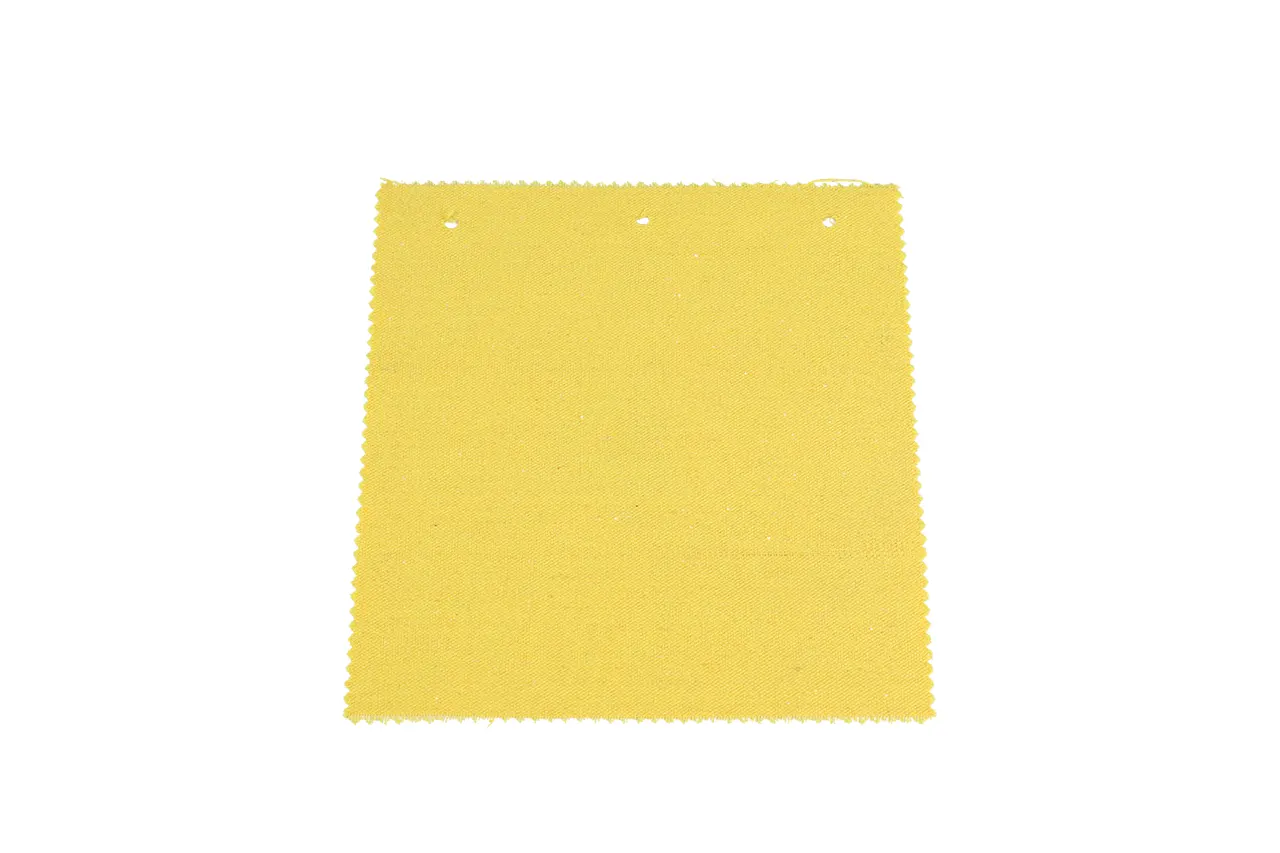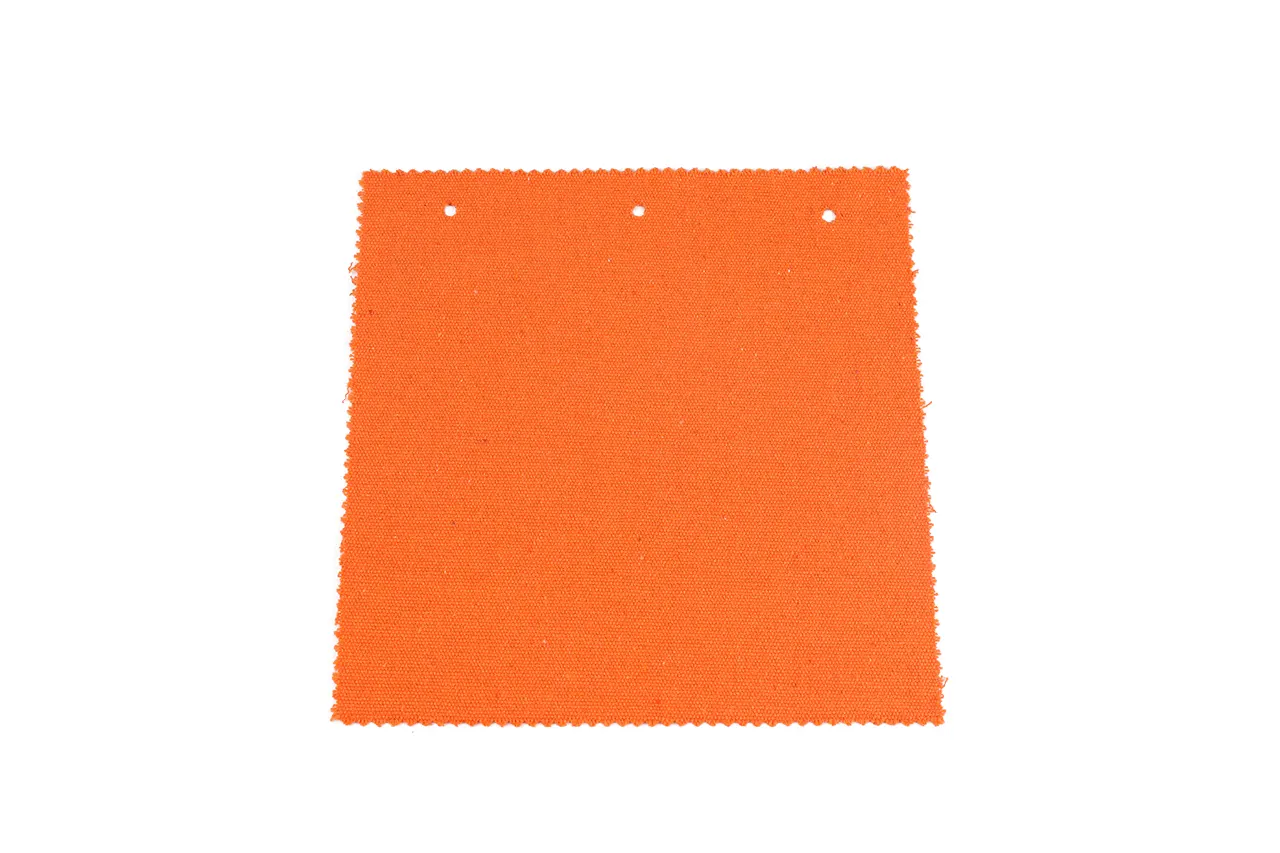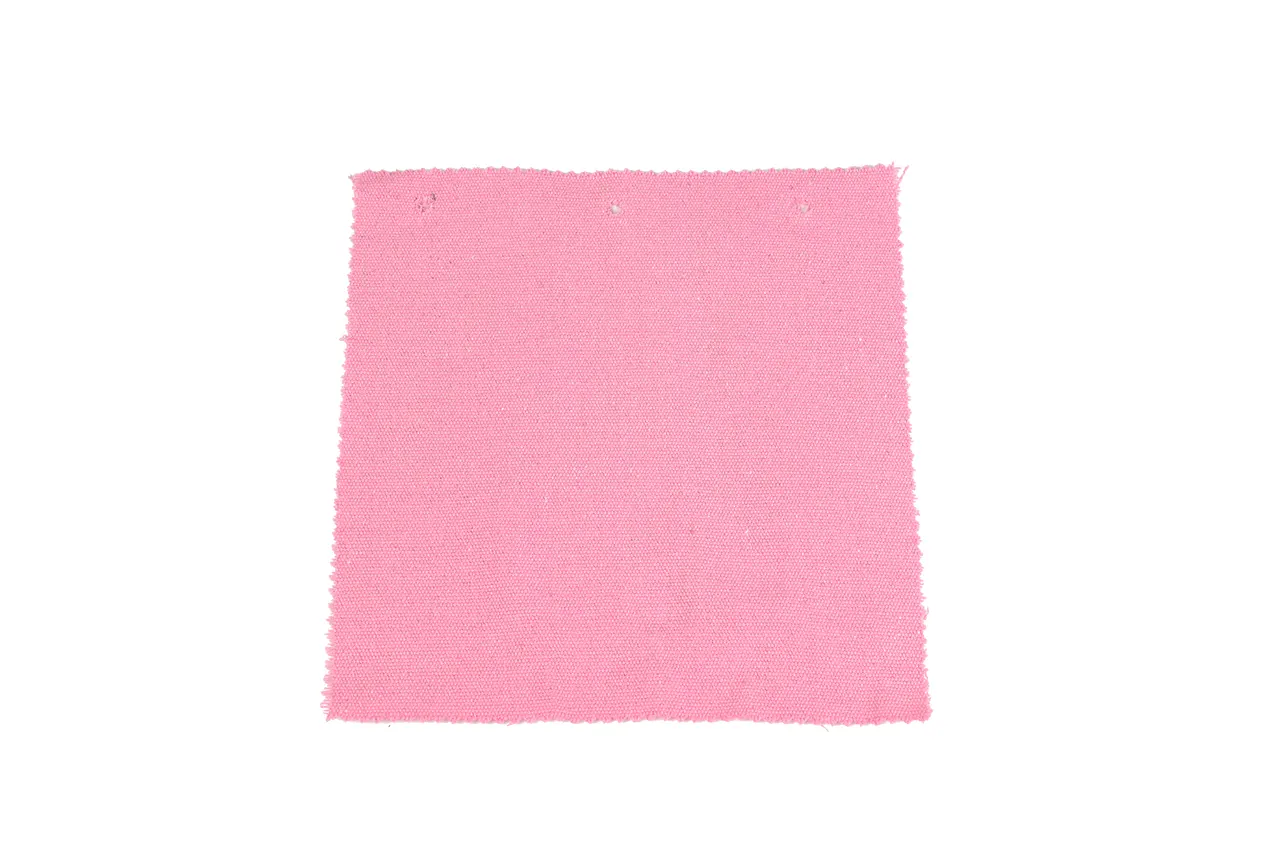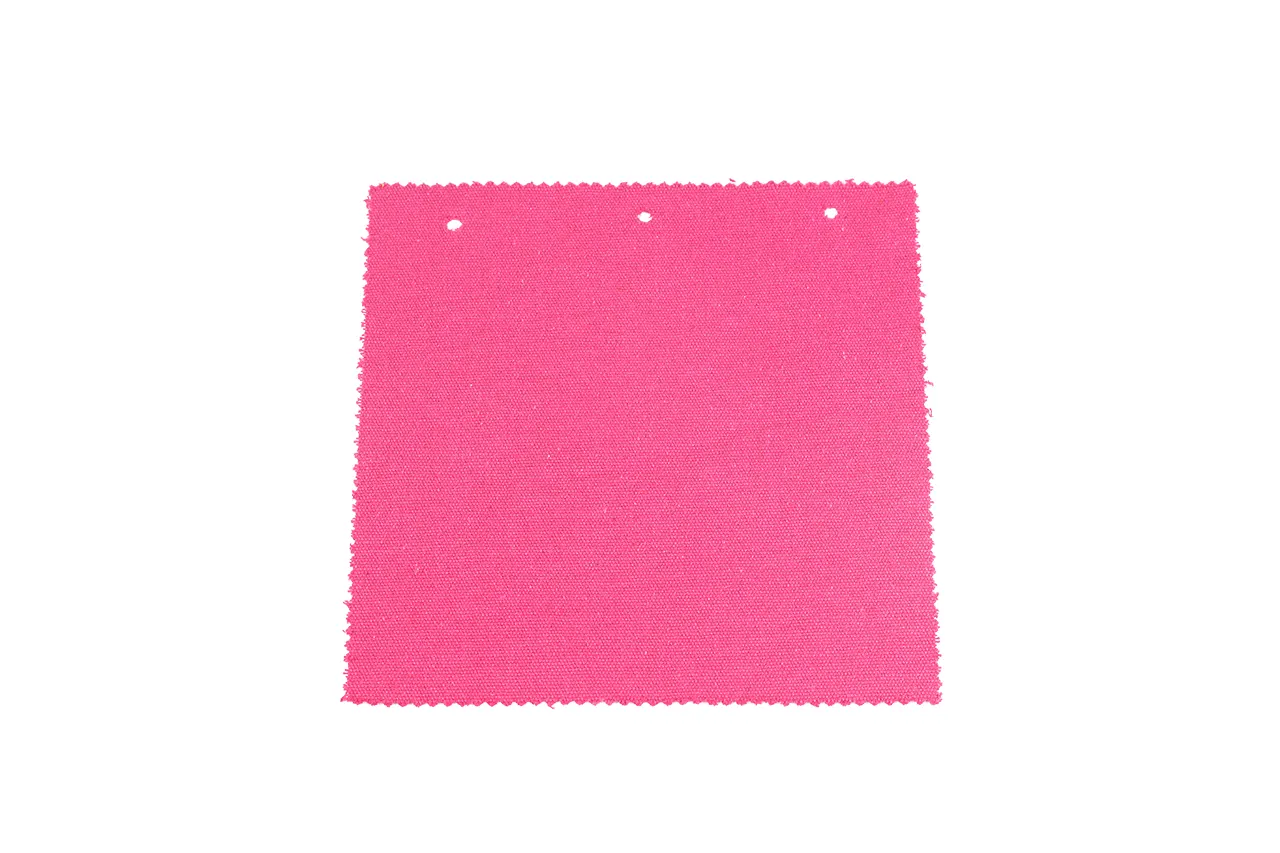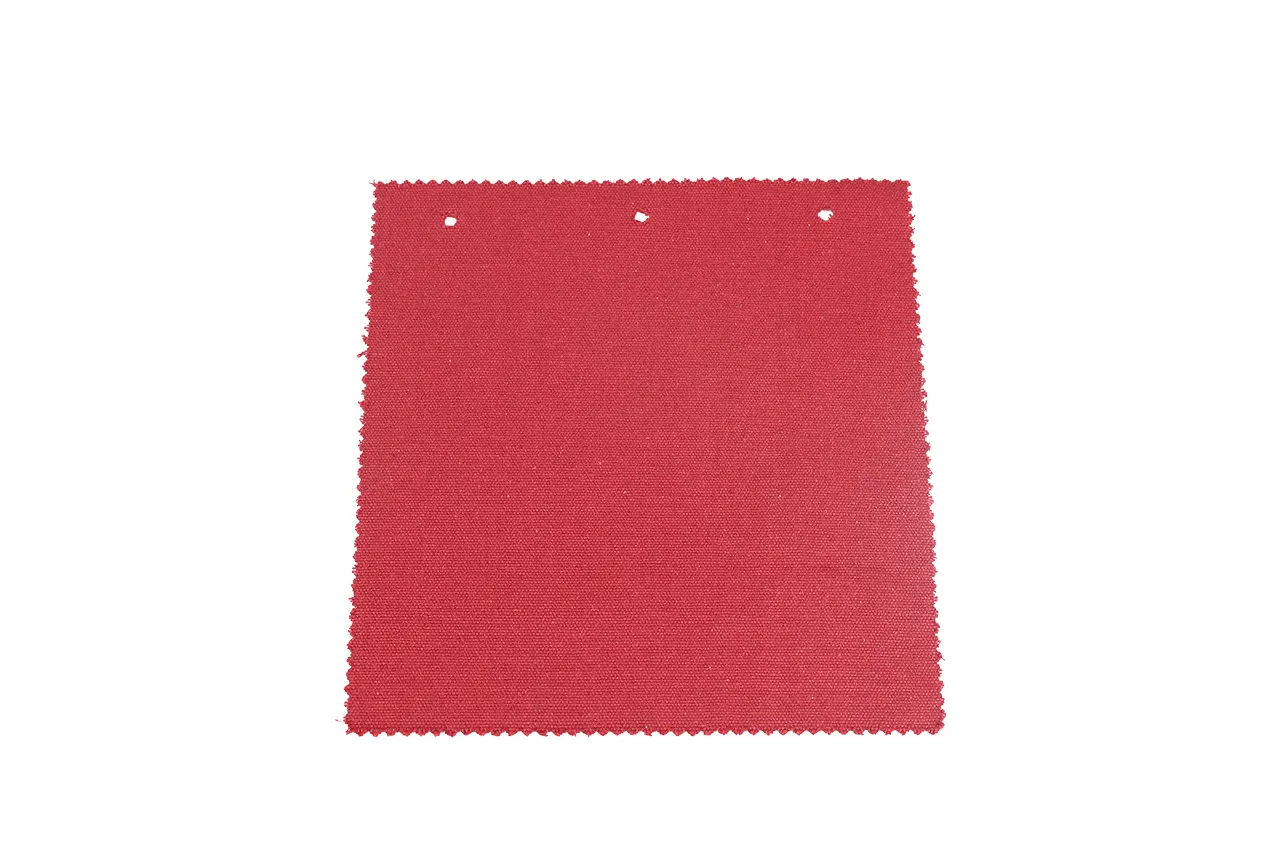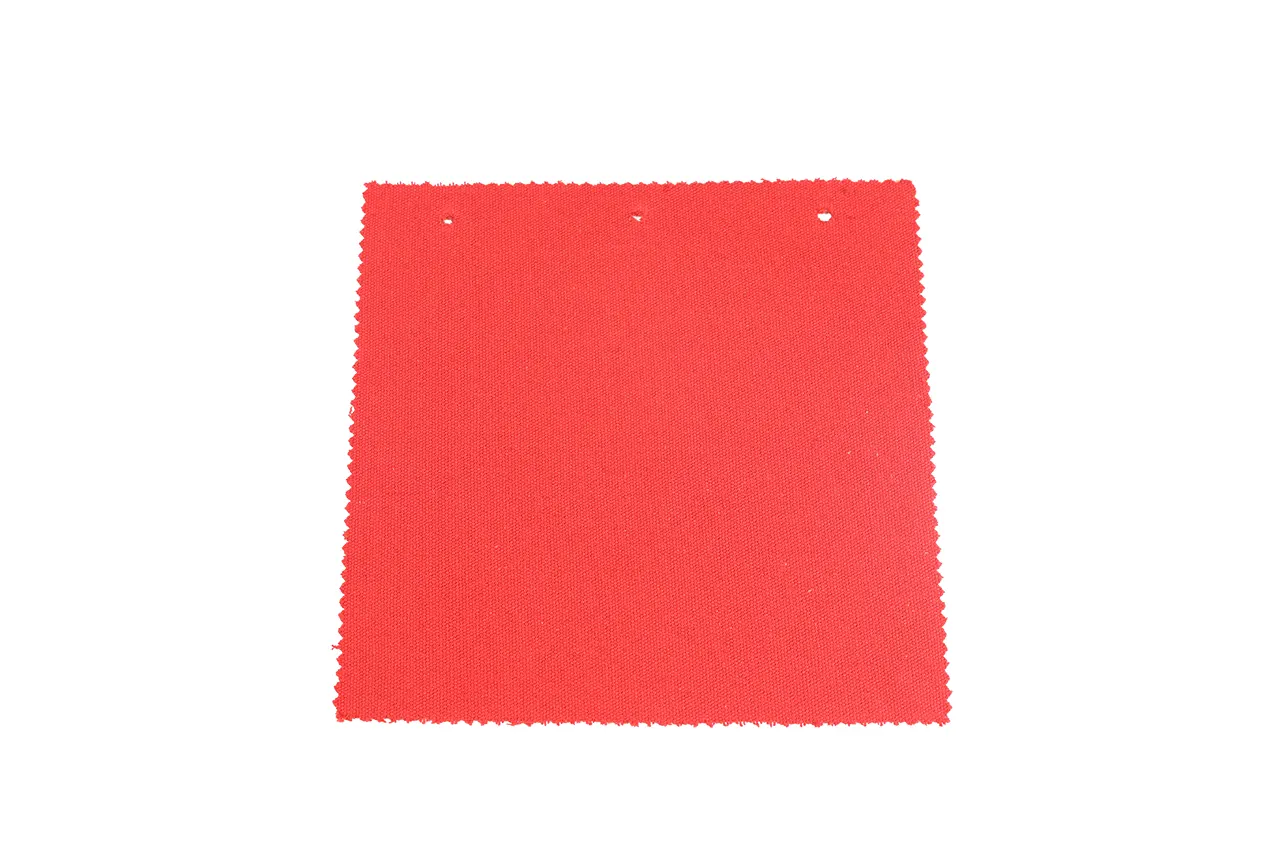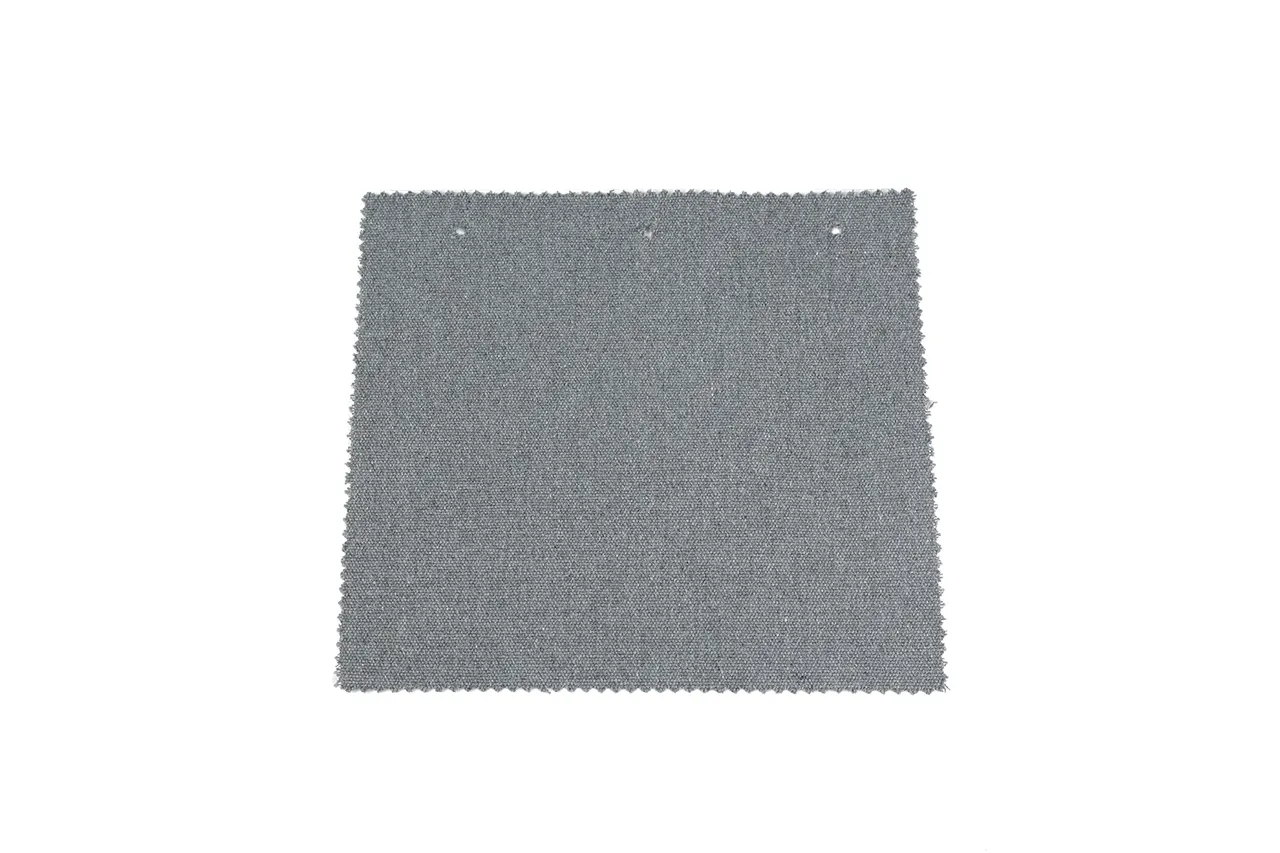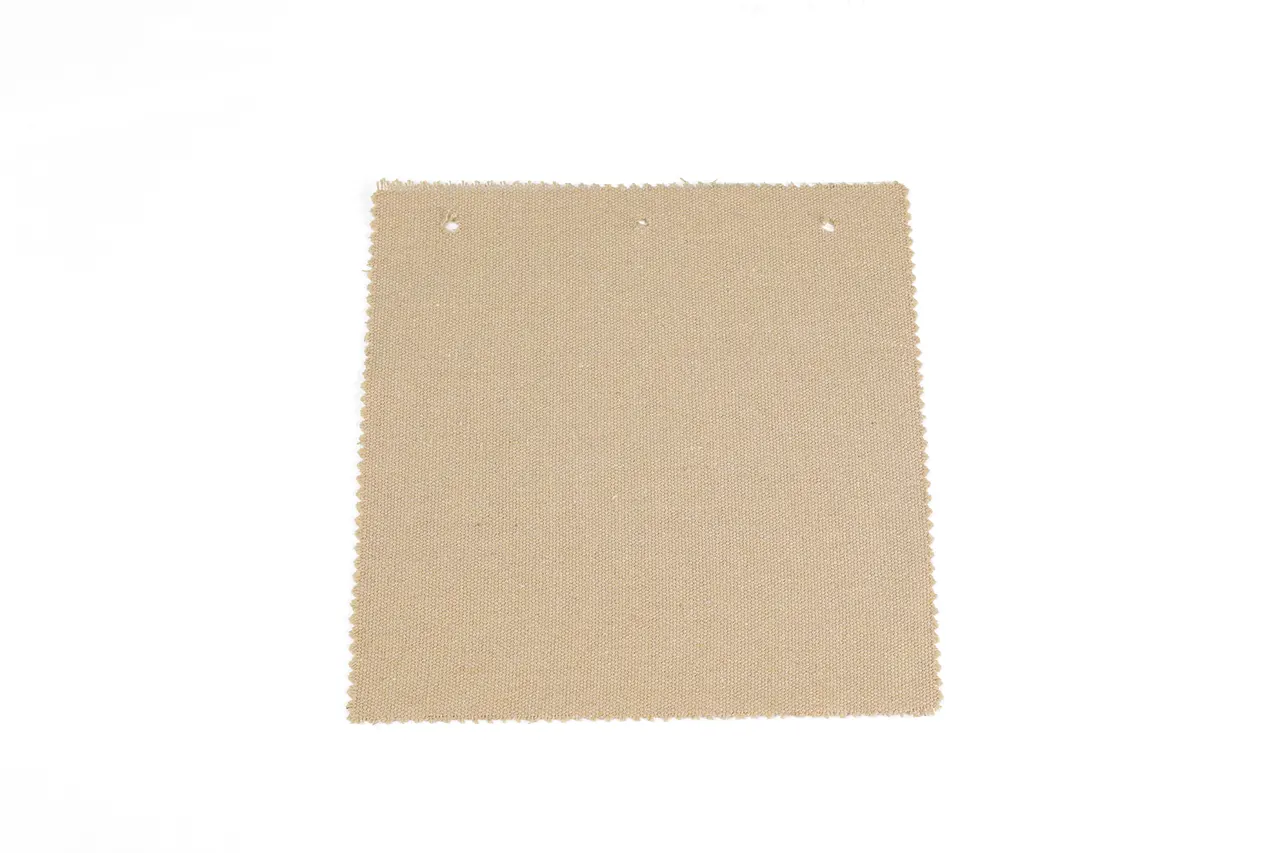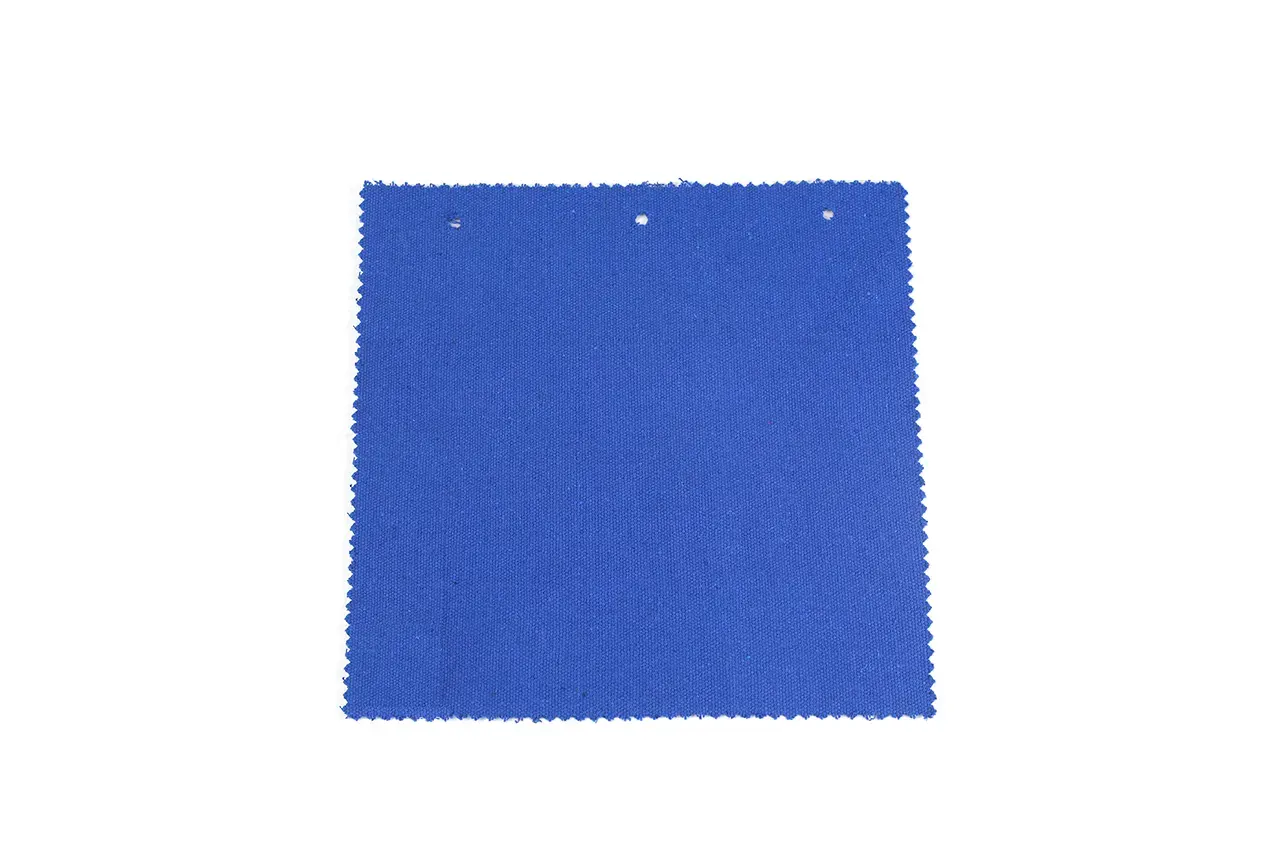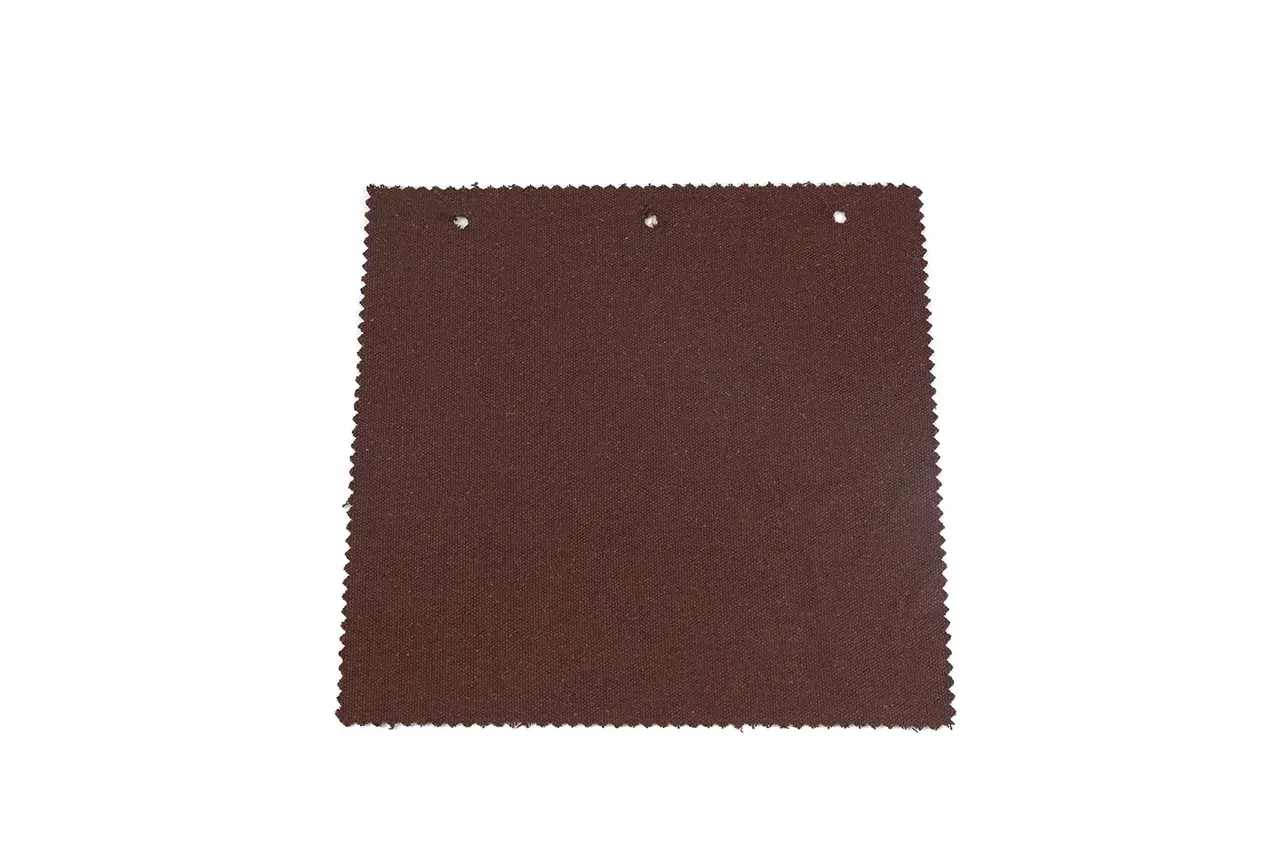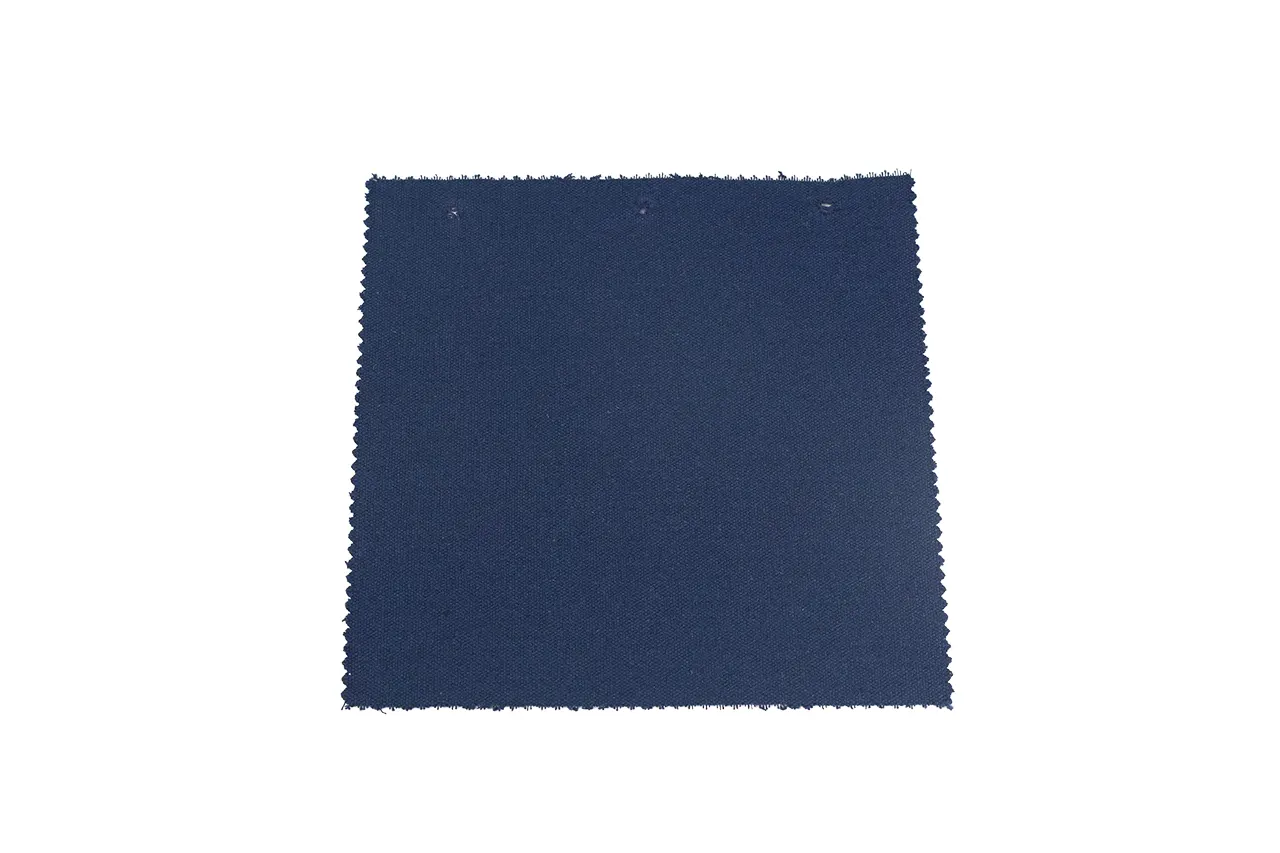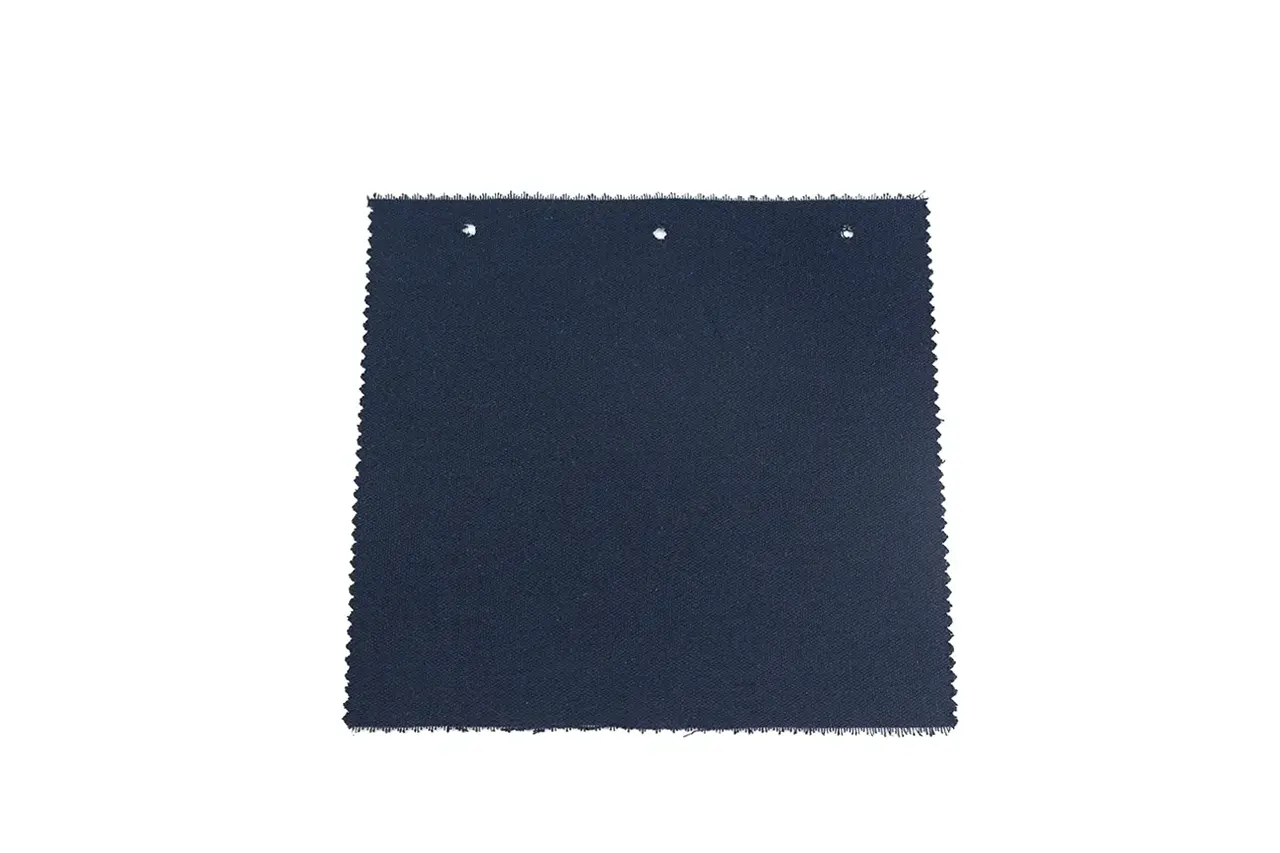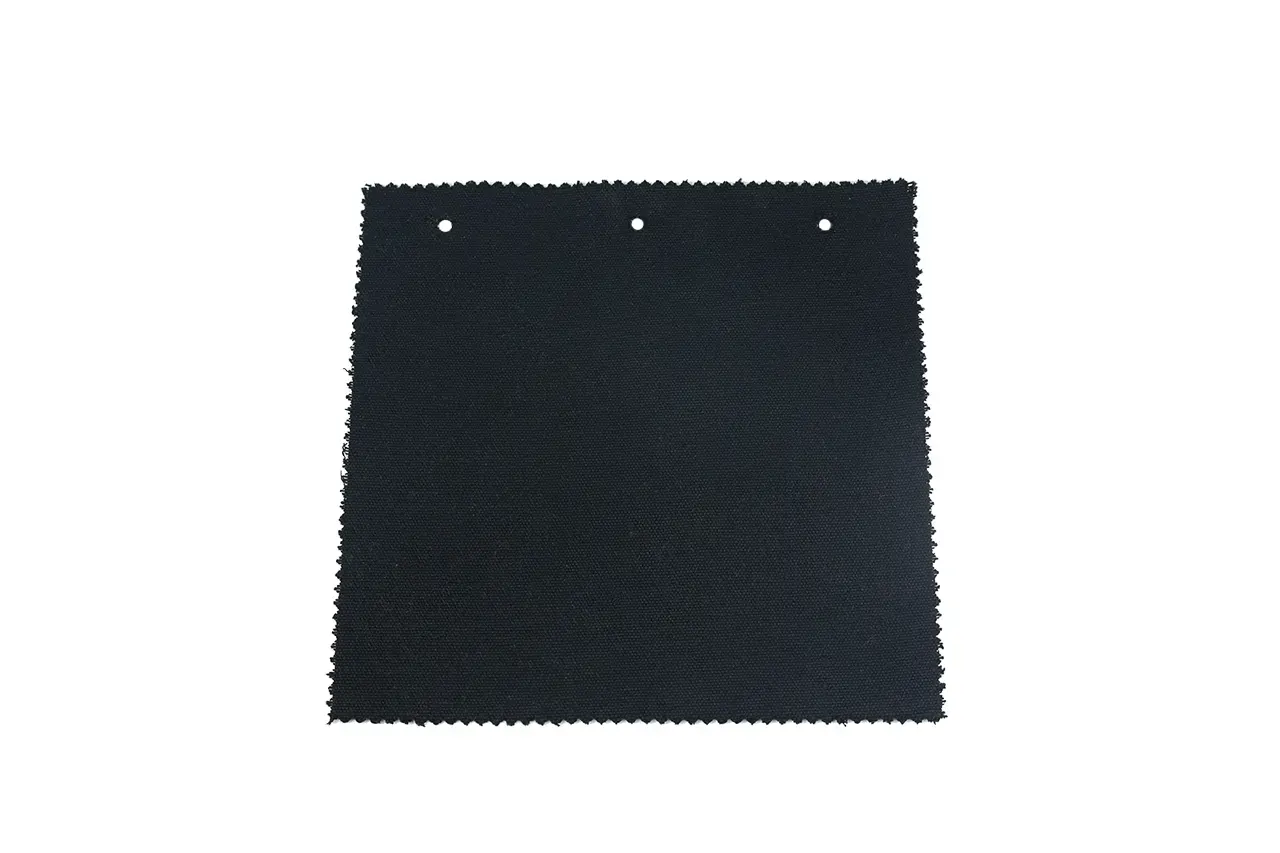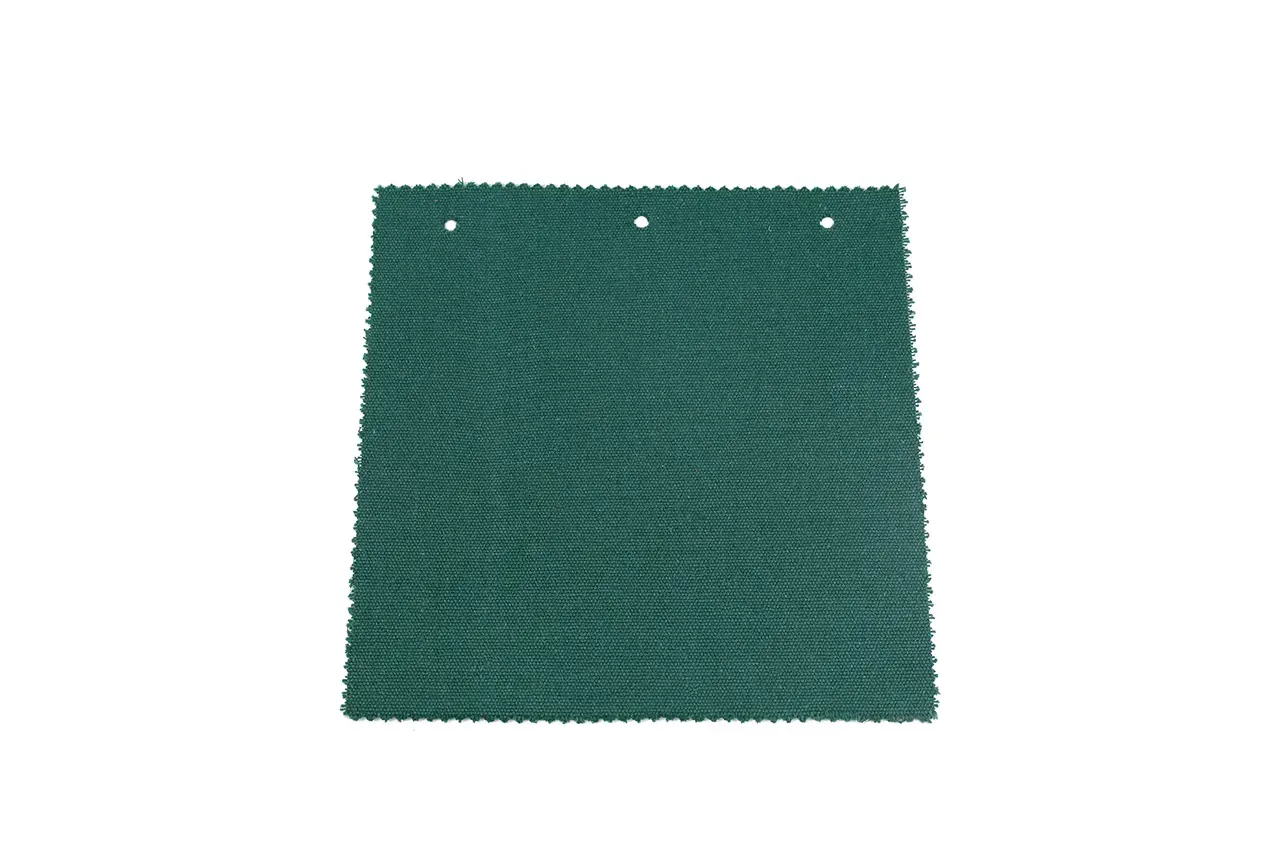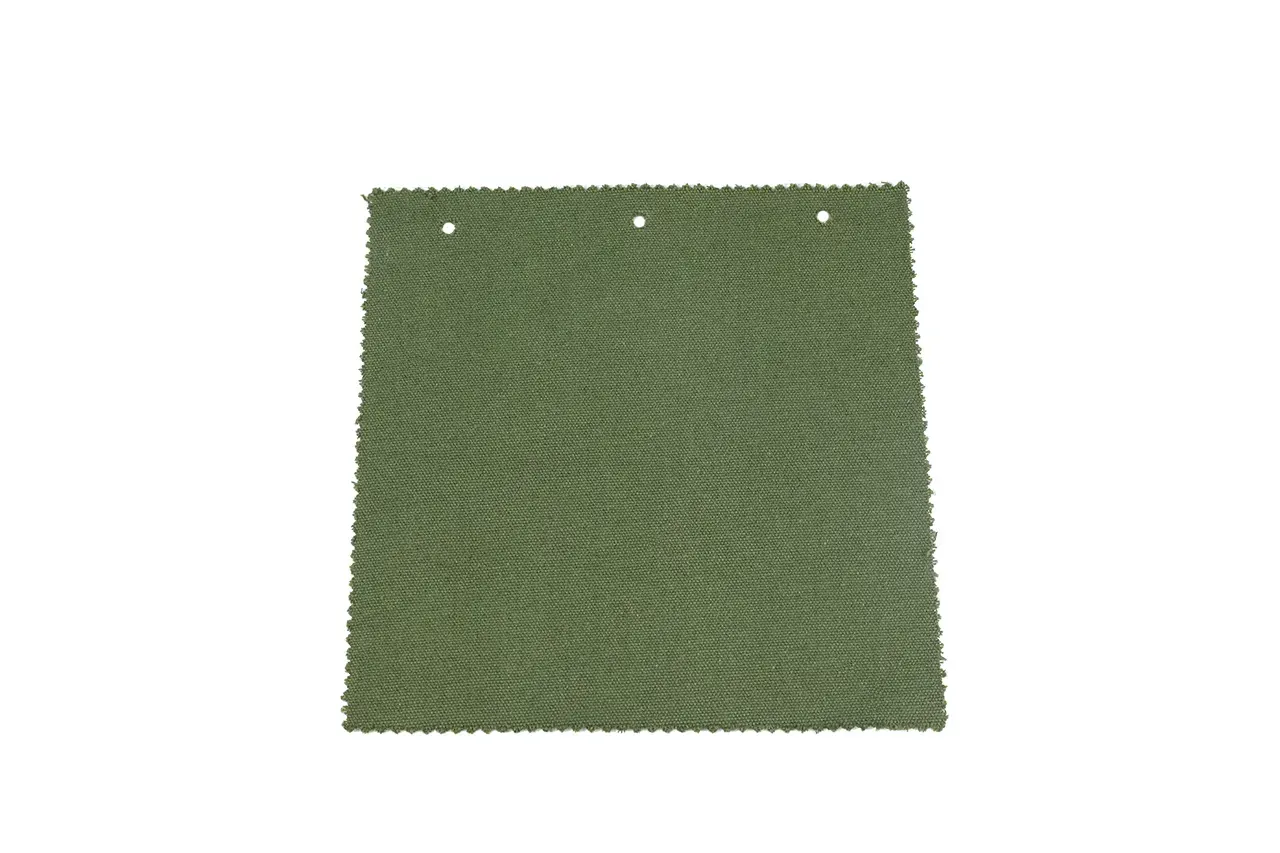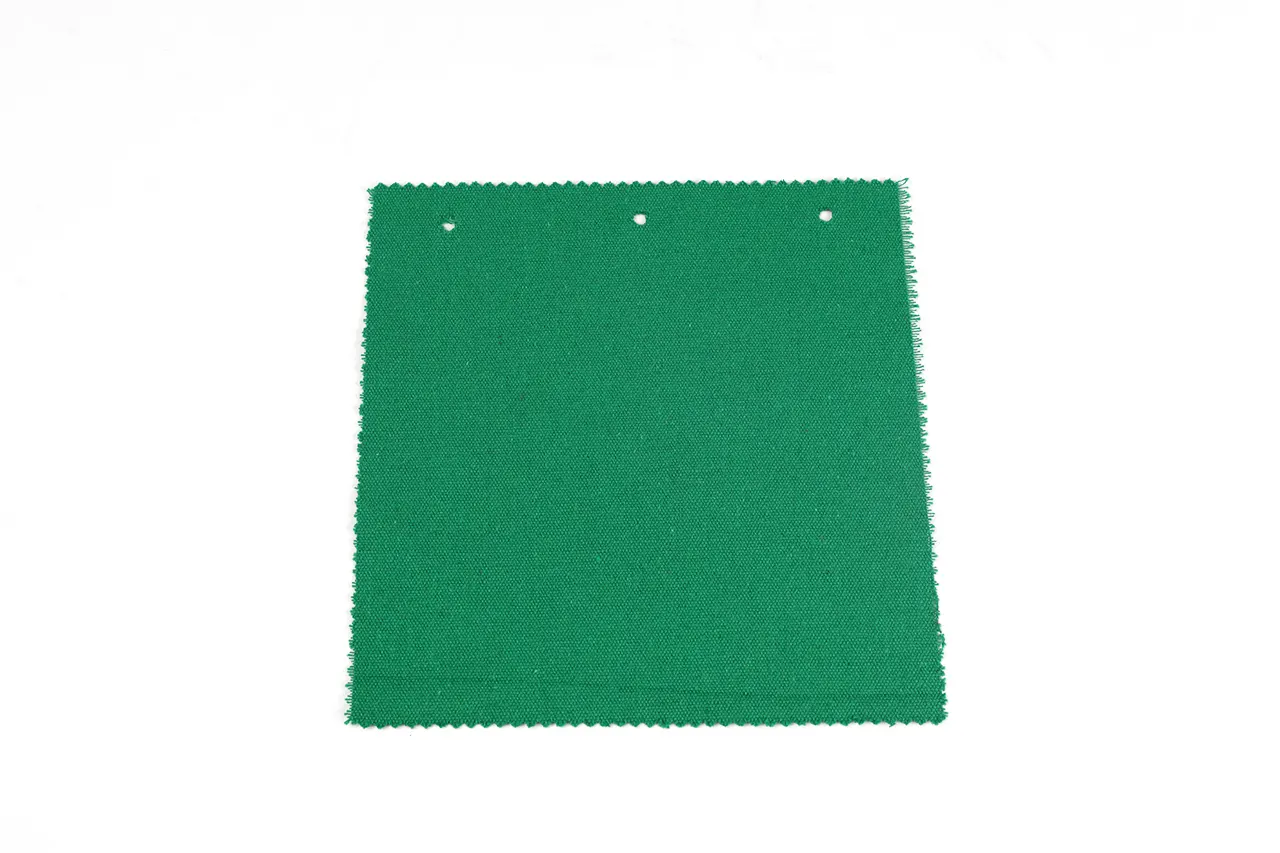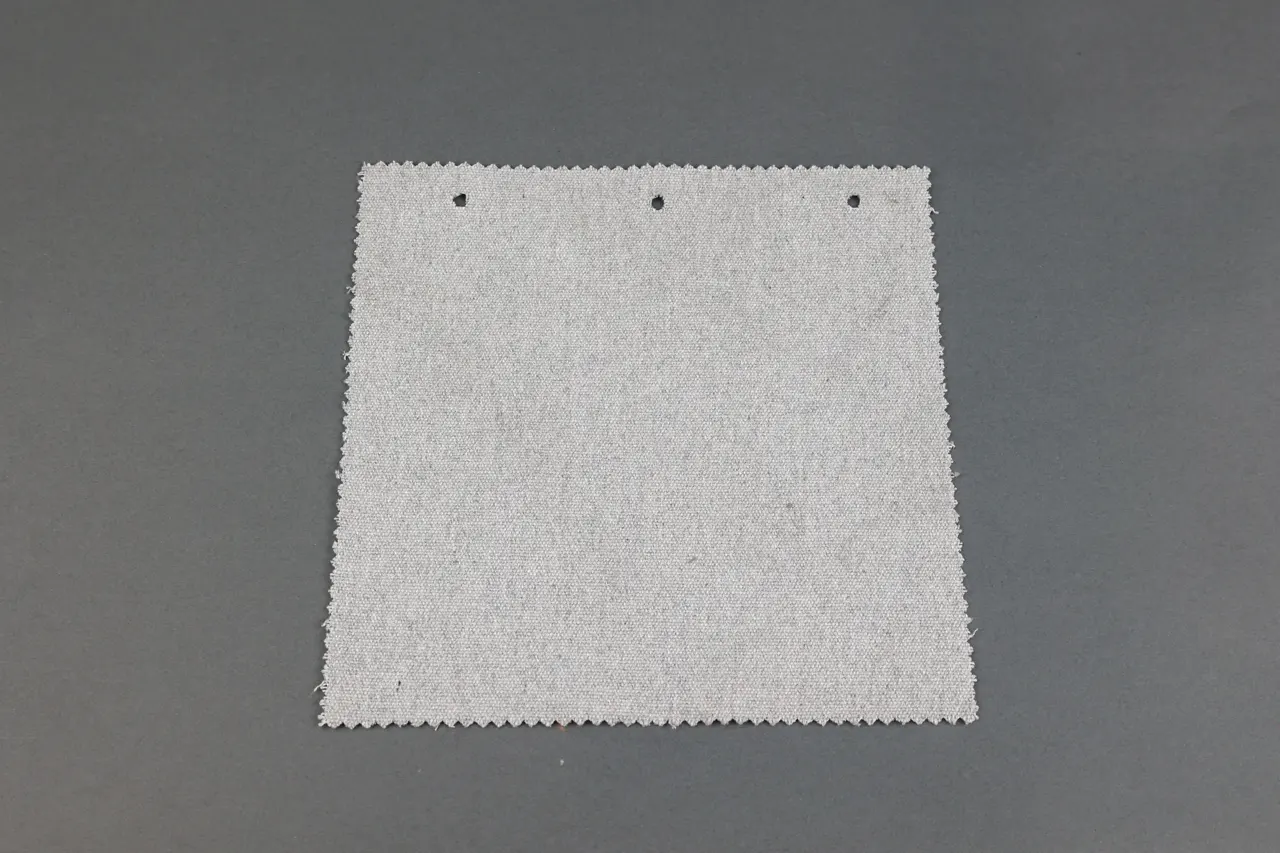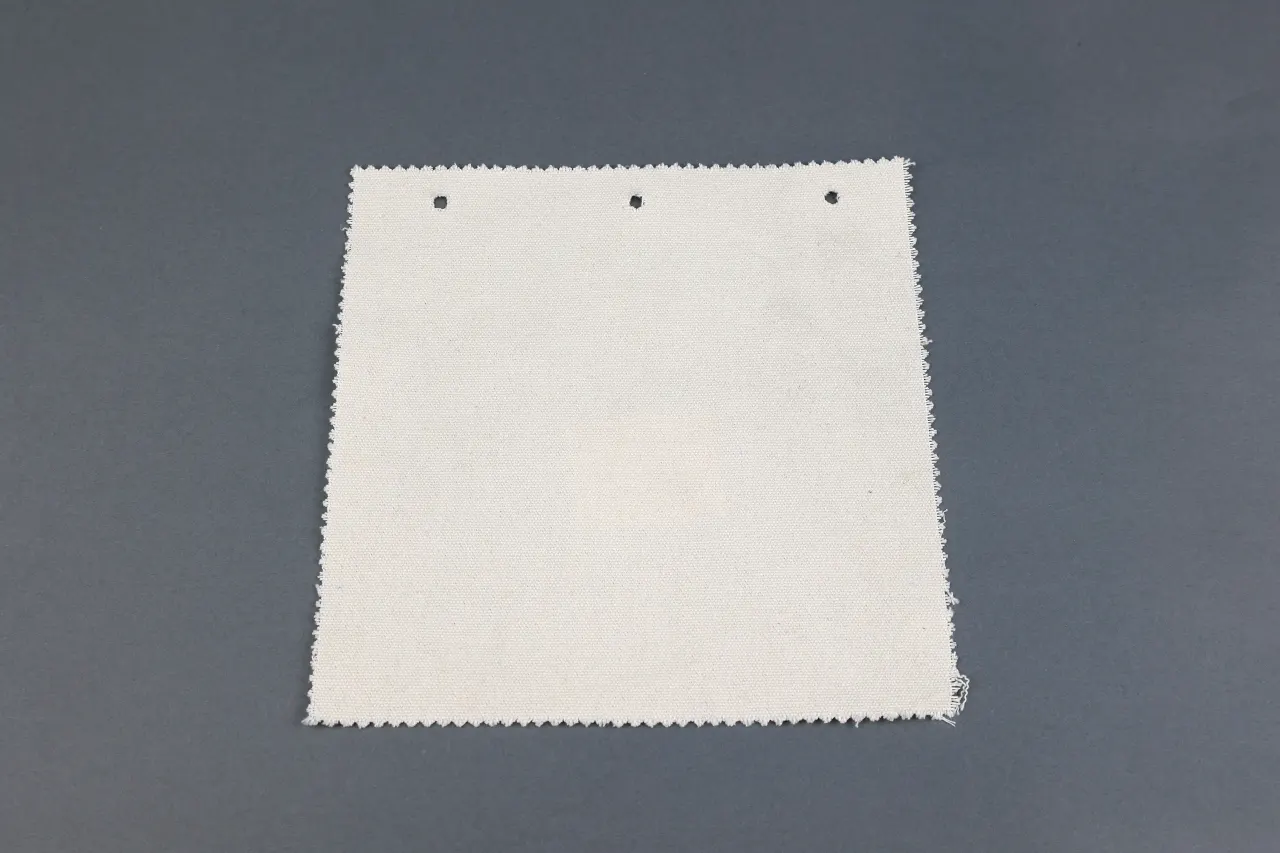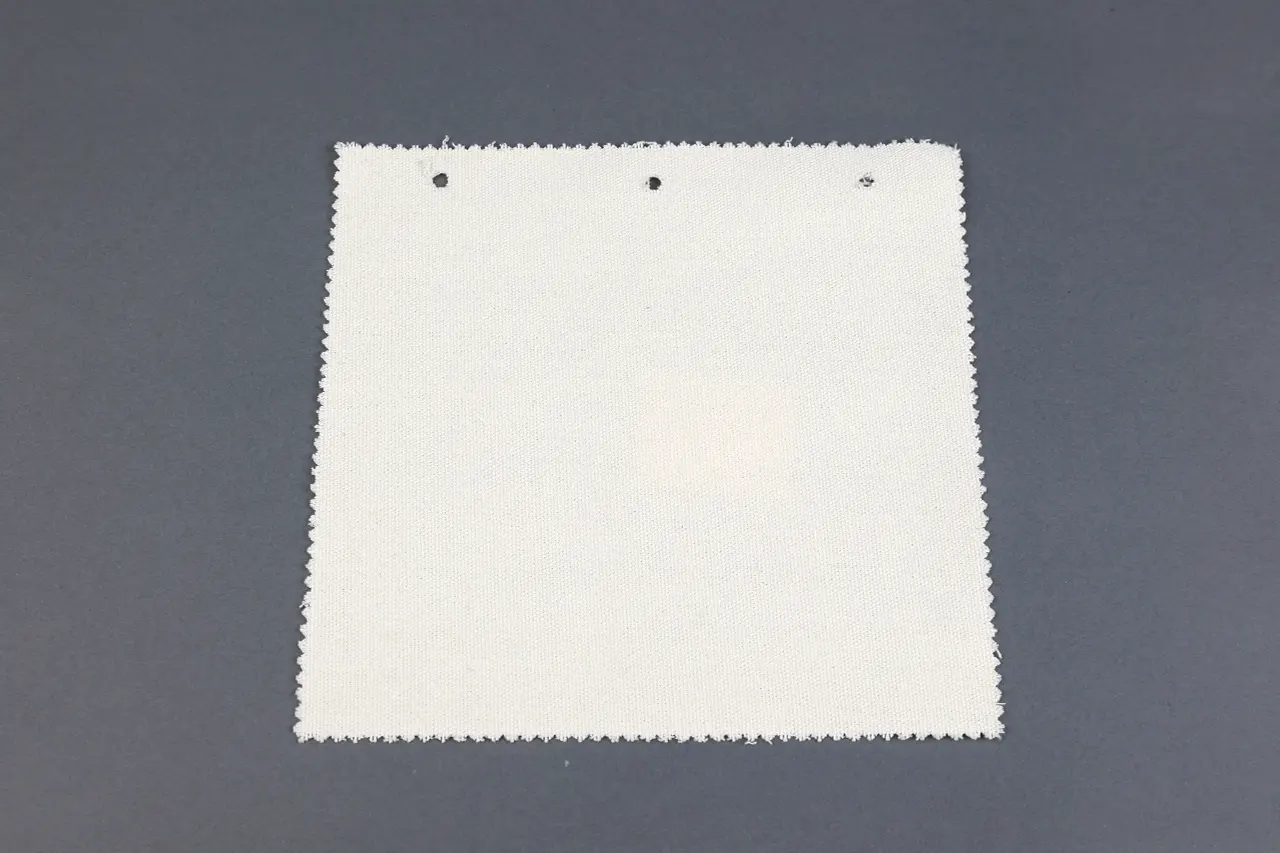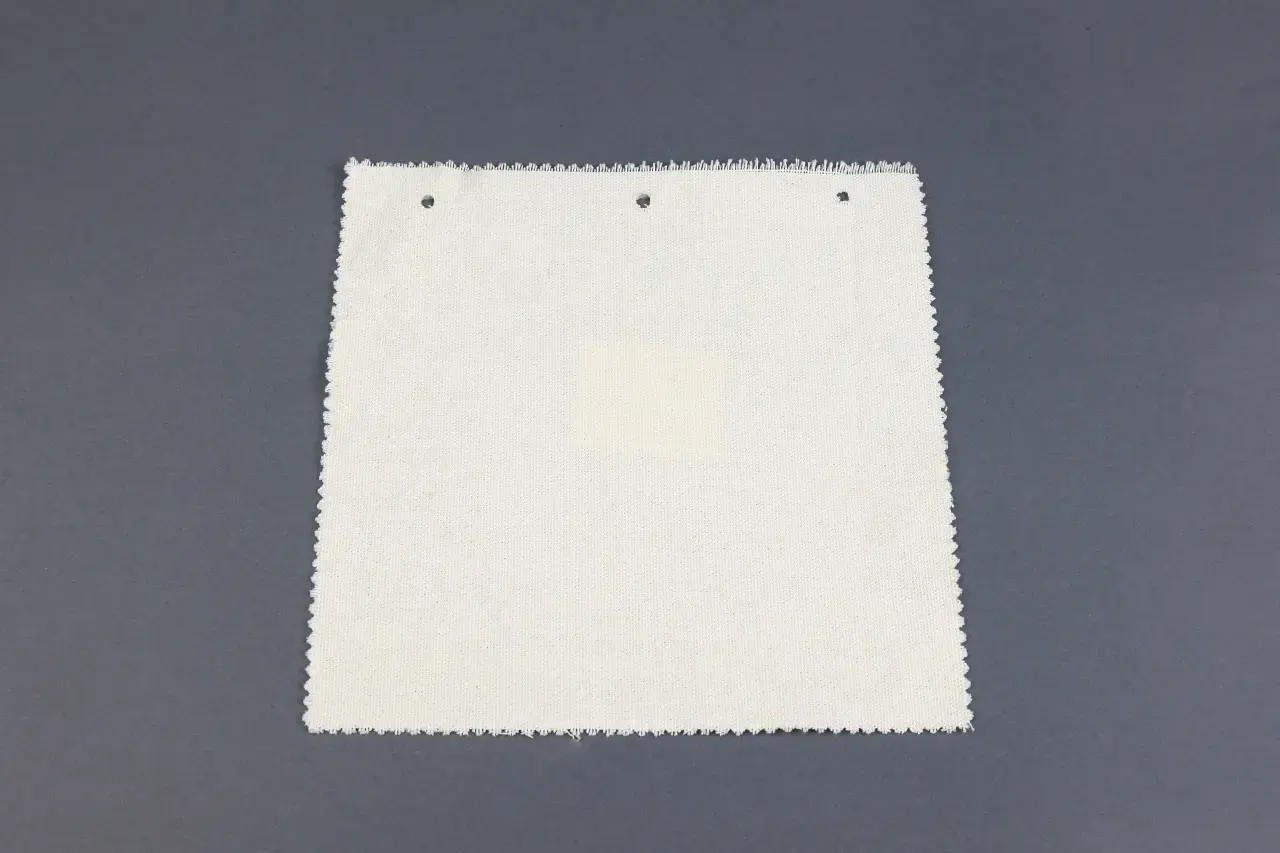Custom Recycled Cotton Bags Manufacturer
Recycled cotton is a type of textile material made from pre-consumer or post-consumer cotton waste. Pre-consumer waste includes scraps and trimmings from textile manufacturing processes, while post-consumer waste includes discarded garments, linens, and other cotton-based products.
Recycled Cotton Products
GRS Certification
The Global Recycled Standard (GRS) is a voluntary product standard for tracking and verifying the content of recycled materials in a final product. The standard applies to the full supply chain and addresses traceability, environmental principles, social requirements, chemical content and labeling.
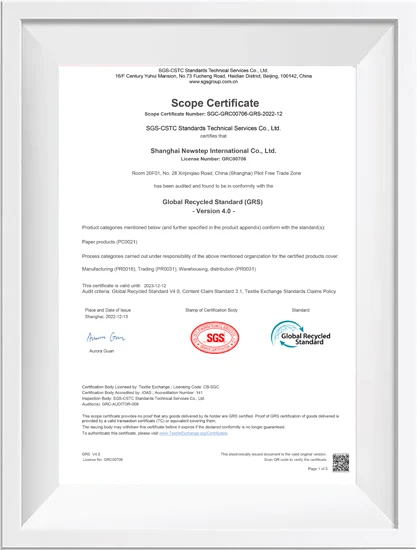
Recycled Cotton Advantages
- 1
Reduces Waste: Recycling cotton helps divert textile waste from landfills, where it would otherwise contribute to environmental pollution. By repurposing cotton waste into new products, recycled cotton helps extend the lifespan of the material and reduces the demand for landfill space.
- 2
Conserves Resources: Producing recycled cotton typically requires less water, energy, and other resources compared to manufacturing new cotton products from virgin materials. Recycling cotton fibers consumes fewer resources in terms of water usage, chemical inputs, and land required for cultivation, thus helping conserve valuable natural resources.
- 3
Decreases Carbon Footprint: Utilizing recycled cotton reduces the carbon footprint associated with textile production. By avoiding the need for virgin cotton cultivation, processing, and transportation, recycled cotton products result in lower greenhouse gas emissions and overall environmental impact.
- 4
Promotes Circular Economy: Recycled cotton is a key component of the circular economy, where materials are reused, repurposed, and recycled to minimize waste and maximize resource efficiency. By closing the loop on cotton production, recycled cotton contributes to a more sustainable and circular approach to textile manufacturing.
- 5
Supports Sustainable Practices: Using recycled cotton aligns with sustainability goals and supports environmentally responsible practices within the textile industry. It encourages companies to adopt more sustainable sourcing, manufacturing, and waste management practices, promoting greater transparency and accountability throughout the supply chain.




